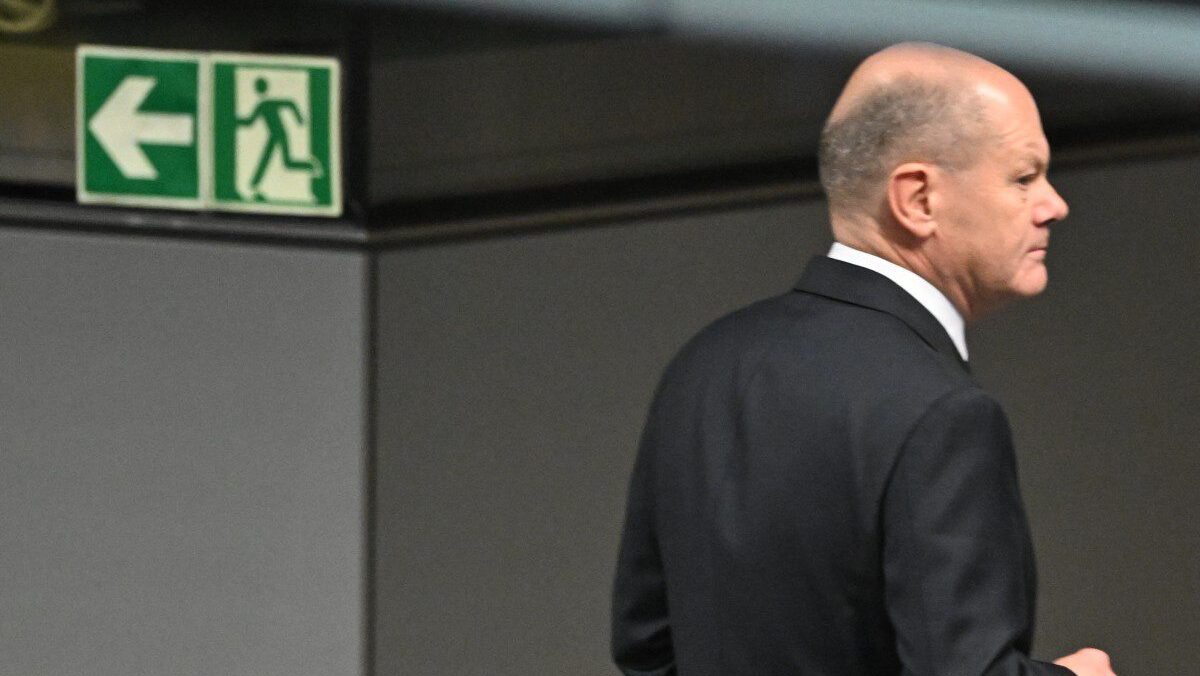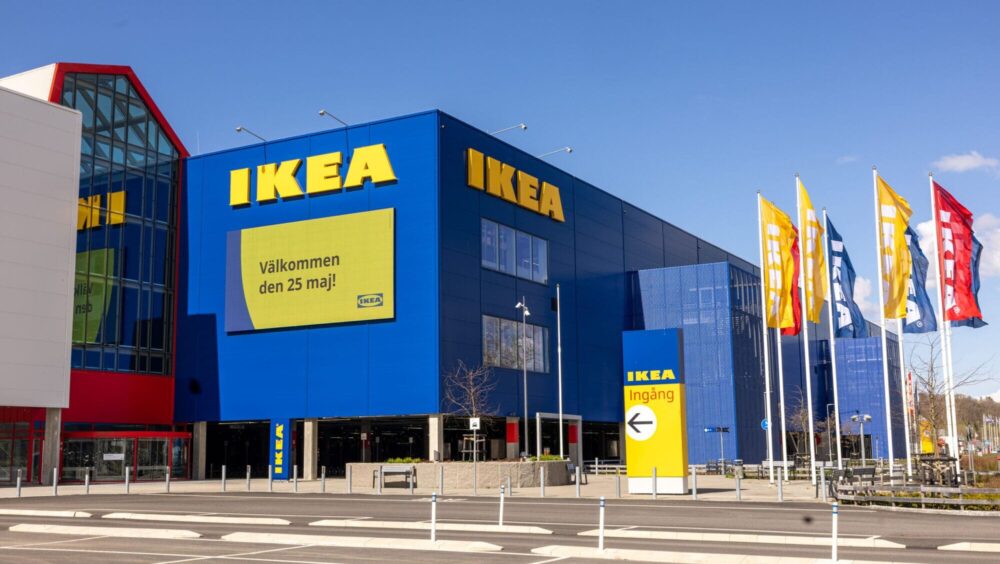Participating in Russia’s Victory Day celebration on May 9th will “come at a cost,” Jonatan Vseviov, secretary-general of Estonia’s foreign affairs ministry warned after Russian media reported that Serbia’s president Aleksandar Vučic is one of the foreign leaders expected to attend. In Serbia’s case, Vseviov said, “the consequence is them not joining the European Union.”
But Serbia isn’t the only country that could be in trouble if they choose to send representatives to the celebration marking the 80th anniversary of the World War II defeat of Nazi Germany. After a meeting Monday, high representative Kaja Kallas told reporters that “any participation in the May 9 parades or celebrations in Moscow will not be taken lightly on the European side, considering that Russia is really waging a full-scale war in Europe.”
Slovakia’s PM Robert Fico, one of the few European leaders who has visited Russia’s Vladimir Putin during the Ukraine war, said last year he would attend the celebration and is not backing down.
“I will travel to Moscow on May 9. Is Mrs. Kallas’ warning blackmail or an announcement that I will be punished upon my return from Moscow? I do not know, but I know it is 2025 and not 1939,” Fico said on social media Tuesday.
Rumors earlier this year that Donald Trump would be at the ceremony were quickly squashed by the U.S. president.
Serbia’s accession process, which started in 2012 after a 2009 application, wasn’t going smoothly before this either. Despite the EU Commission declaring the country “technically ready,” the Hungarian rotating council presidency failed to garner unanimous support among member states for opening the next stage of negotiations last November. Several member states are still in opposition, citing the Serbian government’s refusal to sanction Russia as well as its strained relationship with Kosovo.
Vučić has stated before that he is not “ashamed” of maintaining “traditionally very good ties” with Moscow given the two nations’ historical friendship. “Nobody in Europe agrees with me on this issue, but everybody in Europe understands my position,” Vučić said in September of last year.


